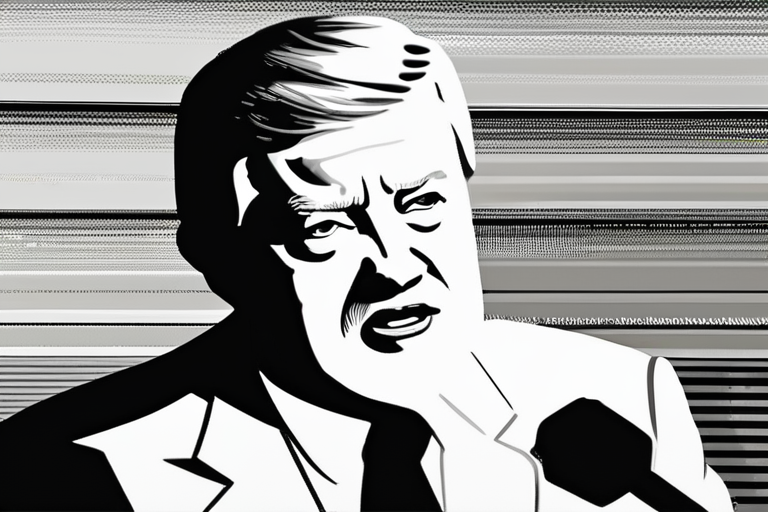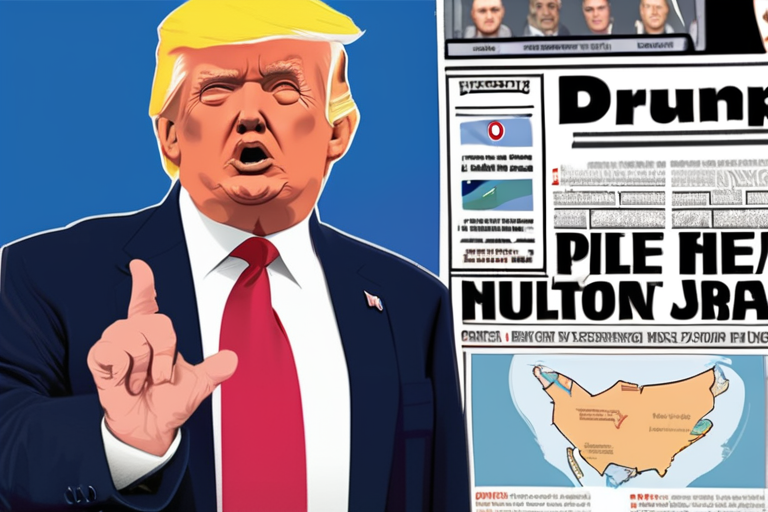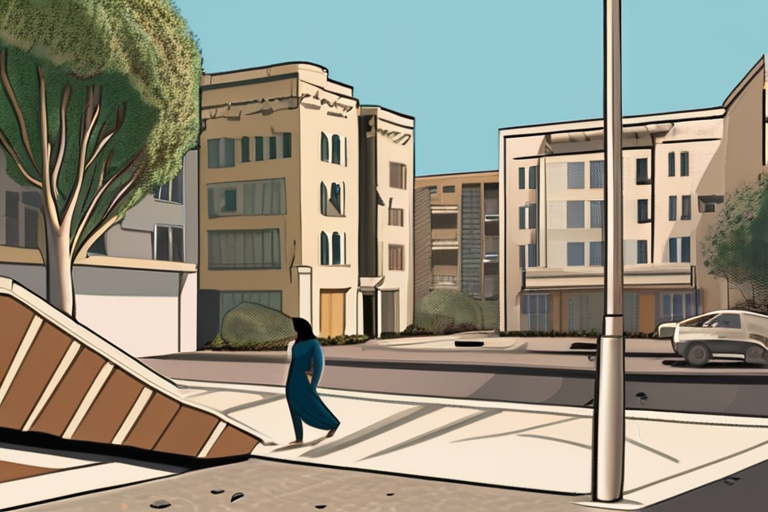Brazil's President Lula da Silva Seeks Tariff Relief in Call with Trump


Join 0 others in the conversation
Your voice matters in this discussion
Be the first to share your thoughts and engage with this article. Your perspective matters!
Discover articles from our community

 Hoppi
Hoppi

 Hoppi
Hoppi

 Hoppi
Hoppi

 Hoppi
Hoppi

 Hoppi
Hoppi

 Hoppi
Hoppi

Gaza on the Brink: Trump's Hints at a Deal Spark Hope and Skepticism As the sun sets over the ravaged …

Hoppi

Ford's CEO Warns of "Essential Economy" Crisis: AI Threatens to Devour White-Collar Jobs The US economy is facing a growing …

Hoppi

The US Open: A Tournament of Etiquette Nightmares In a shocking turn of events, the 2025 US Open has been …

Hoppi

This is today's edition of The Download, our weekday newsletter that provides a daily dose of what's going on in …

Hoppi

Feline Frenzy: American University of Beirut Home to Over 1,000 Stray Cats BEIRUT, Lebanon - The American University of Beirut …

Hoppi

As AI Advances, API Infrastructure Must Evolve to Meet Demand In a rapidly changing technological landscape, the intersection of artificial …

Hoppi